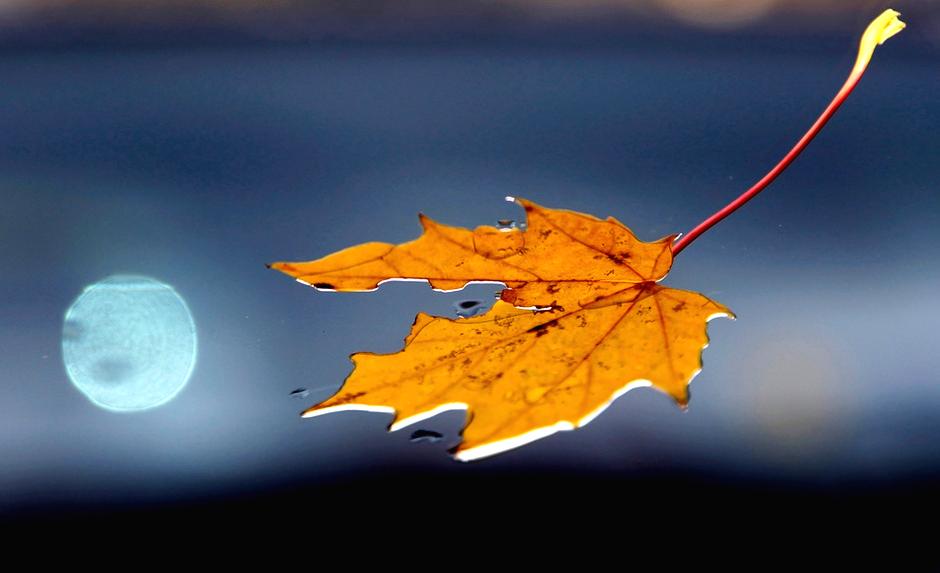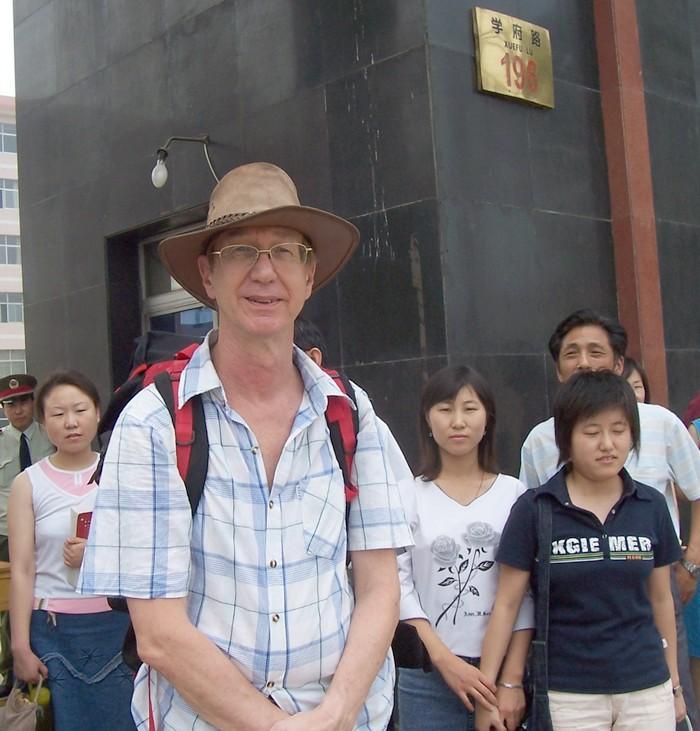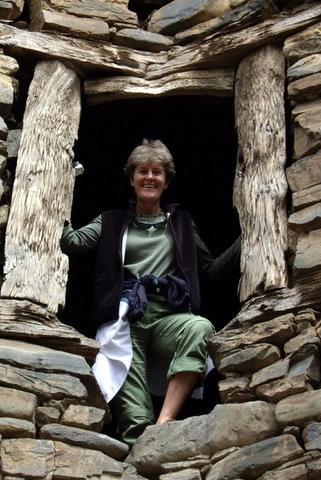| Ten animals-most faithful to their spouses | |
|---|---|
| Mar 10, 2008 21:21 | |
 | Humans are not included. What's wrong? Are human beings unfaithful to their spouses? |
| Mar 10, 2008 22:33 | |
 | I am surprised you didn't mention WILD GOOSE. I recently read a book of Ku Hung-Ming, here is a paragraph he described traditional Chinese marriage, and I quote: "... ... I must tell you something about marriage in China. There are in every legal marriage in China six ceremonies (六礼): first, (问名) asking for the name, i.e., formal proposal; second (纳彩) receiving the silk presents, i.e., betrothal; third (定期) fixing the day of marriage; fourth (亲迎) fetching the bride;fifth (奠雁) pouring libation before the wild goose, i.e., plighting troth, so called becaue the wild goose is supposed to be the most faithful in connubial love; six (庙见) -- temple presentation. Of these ceremonies, the last two are the most important, I shall therefore here describe them more in detail " Unquote |
| Mar 16, 2008 08:27 | |
 | Oh dear Rita, you will be in trouble for quoting from that book! |
| Mar 16, 2008 08:32 | |
 | Hi, Paul, I appreciate that you read it:)) What kind of trouble am I in? You read this book too? Cheers |
| Mar 16, 2008 08:39 | |
 | Most animals including humans (in a natural state) are unfaithful for a good evolutionary reason. Multiple partners increases the range of genes an individual may have as a co-parent to thier offspring so increasing the chances of one being highly successful. That is the name of the game passing on genes. Thus, many of the faithful ones quoted above had new partners each year. Other animals which used to mate for life in fact were 'getting plenty on the side'. The albatross is often quoted as pairing for life (and I guess this applies to Rita's geese too). Sure but the momnent it is out of sight it's looking for some alternative genes. Not to do this reduces a species' long term chance of survival. This applies to humans too. However, we have worked out that rearing kids is a long process best done by two people so we have put social morality in place to emphasise monogamy. Of course this has failed in evrey society because it's against a base instinct. So it is a fight between what is a natural drive and a useful morality. I guess we will always have a combination just as we always have. |
| Mar 16, 2008 08:42 | |
 | SORRY SORRY Rita!!!!!!!! My fingers worked quicker than my brain....... I mixed up my birds! i was thinking of the Wild Swan. Oh I am embarrassed :( |
| Mar 16, 2008 08:44 | |
 | Mr. Ku's description in his book (Chapter II, Chinese Women) This reminds me of a earlier thread about something like "marry me, buy me a house", something like that(??) There is the tradition behind the practice. It's pointless judging people without understanding their cultural background. There are lots of people here are still quite traditional. |
| Mar 16, 2008 08:45 | |
 | Oh dear..it gets worse!! I was thinking of White Swans by Jung Chang..... where can I hide ???? |
| Mar 16, 2008 08:50 | |
 | What is Jung Chang, Paul?? Don't hide, we kinda like people making mistakes, it makes us seem wiser, haha~~~ Just kidding. Never mind, Paul, sometimes, we do have our fingers or tongue run faster than our brains, that's the unique flaw in human. |
| Mar 16, 2008 10:43 | |
 | Dear Rita, Wild Swans is a wonderfully poignant story about three generations of Chinese - read review below - but like many authors of this genre it is not likely to be available here. If you'd like to read it perhaps we can help you get hold of a copy. In Wild Swans Jung Chang recounts the evocative, unsettling, and insistently gripping story of how three generations of women in her family fared in the political maelstrom of China during the 20th century. Chang's grandmother was a warlord's concubine. Her gently raised mother struggled with hardships in the early days of Mao's revolution and rose, like her husband, to a prominent position in the Communist Party before being denounced during the Cultural Revolution. Chang herself marched, worked, and breathed for Mao until doubt crept in over the excesses of his policies and purges. Born just a few decades apart, their lives overlap with the end of the warlords' regime and overthrow of the Japanese occupation, violent struggles between the Kuomintang and the Communists to carve up China, and, most poignant for the author, the vicious cycle of purges orchestrated by Chairman Mao that discredited and crushed millions of people, including her parents. From Publishers Weekly Bursting with drama, heartbreak and horror, this extraordinary family portrait mirrors China's century of turbulence. Chang's grandmother, Yu-fang, had her feet bound at age two and in 1924 was sold as a concubine to Beijing's police chief. Yu-fang escaped slavery in a brothel by fleeing her "husband" with her infant daughter, Bao Qin, Chang's mother-to-be. Growing up during Japan's brutal occupation, free-spirited Bao Qin chose the man she would marry, a Communist Party official slavishly devoted to the revolution. In 1949, while he drove 1000 miles in a jeep to the southwestern province where they would do Mao's spadework, Bao Qin walked alongside the vehicle, sick and pregnant (she lost the child). Chang, born in 1952, saw her mother put into a detention camp in the Cultural Revolution and later "rehabilitated." Her father was denounced and publicly humiliated; his mind snapped, and he died a broken man in 1975. Working as a "barefoot doctor" with no training, Chang saw the oppressive, inhuman side of communism. She left China in 1978 and is now director of Chinese studies at London University. Her meticulous, transparent prose radiates an inner strength. Photos. BOMC alternate. Copyright 1991 Reed Business Information, Inc. --This text refers to an out of print or unavailable edition of this title. |
Post a Reply to: Ten animals-most faithful to their spouses








 Copyright © 1998-2026 All rights reserved.
Copyright © 1998-2026 All rights reserved.